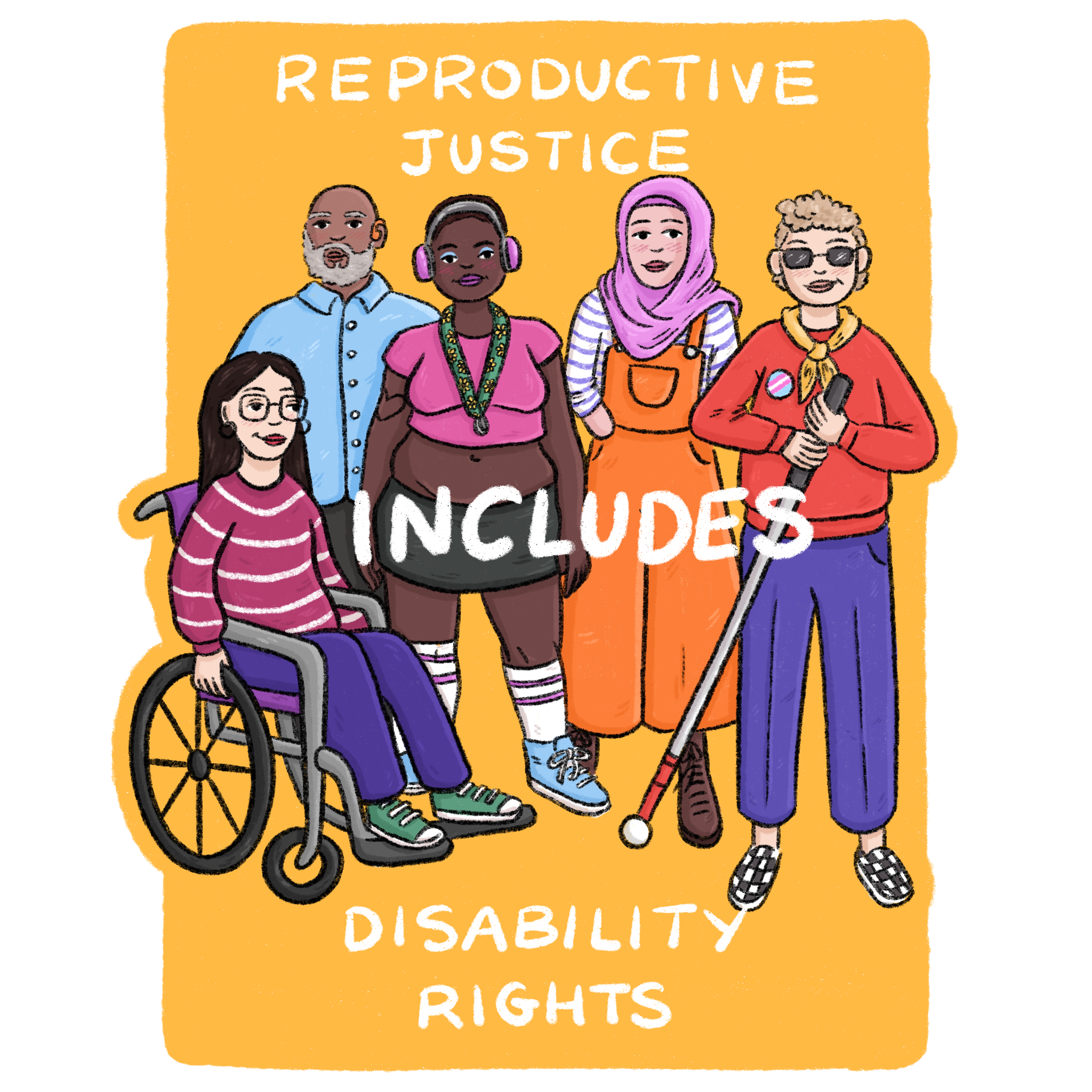Disability Pride Month 2024: Share-Net Netherlands and Liliane Fonds launch Community of Practice on Disability and SRHR
This Disability Pride Month, Share-Net Netherlands are thrilled to highlight the importance of Sexual and Reproductive Health and Rights (SRHR) for people with disabilities, in collaboration with Liliane Fonds. They are proud to announce the launch of a new Community of Practice (CoP) on Disability and SRHR, hosted by Liliane Fonds, one of our Share-Net Netherlands members. This CoP will provide a dynamic platform for our members to engage, learn, and collaborate on the intersections of disability and SRHR.
We are excited to spotlight the work of Liliane Fonds, a recent member of Share-Net Netherlands. In the following blog post, we share about their work and gain insights from Vilda Atieno, a member of the Youth with Disabilities Council at Liliane Fonds and a youth council member in the Make Way Programme.
We hope this inspires you to join us in promoting inclusive SRHR practices and championing the rights of young people with disabilities. Together, we can create a more equitable and inclusive world for all.
Intersectional programs for Inclusive SRHR
Liliane Fonds works on this intersection in multiple programs, such as the Make Way program, a partnership with Akina Mama wa Afrika, The Circle of Concerned African Women Theologians – Kenya, Forum for African Women Educationalists, VSO Netherlands, Wemos and the Ministry of Foreign Affairs. This partnership works with partners in Rwanda, Ethiopia, Uganda, Zambia and Kenya on intersectional SRHR for young people with intersecting identities.
Insights from Youth Council member
In this post, Vilda Atieno, a member of the youth with disabilities council at Liliane Fonds and youth council member in Make Way shares why SRHR services for young people with disabilities are so important:
“Reproductive Rights are fundamental human rights that nobody should be denied at any level. I believe that whether with a disability or without a disability, nobody lives a homogenous life. In the 21st century where comprehensive access to SRHR for young people is still a challenge, young people with disabilities face double discrimination when trying to access these services. This is more unaddressed because of their different identities such as economic status, level of education, and disability, among other identities. It is important that all young people with disabilities achieve their sexual reproductive health.”
A legal right to receive services
“In line with adherence to international standards, many countries with international frameworks such as the United Nations Convention on the Rights of Persons with Disabilities mandate the provision of inclusive health services including SRHR and access to these services. It’s also a legal right. In accordance with such policies, young persons with disabilities have a full right just like any other human being or young person to receive services. Inclusive SRH services also align with Sustainable Development goal number 3 which addresses Health and number 5 which talks about Gender Equity towards leaving no one behind.”
Empowering youth with access to the right information
Access to SRHR services enables young people to have the autonomy to make informed decisions about their bodies and relationships. In addition to this, when this is embraced, it promotes an inclusive community.
“Learning from one of the existing safe spaces within the Make Way program, we learned that sex is good for all young people when done the right way, including a good state of mind (consent). As a result, pleasure and sexuality have become a normal discussion. When young people with disabilities have access to the right information, they are able to make informed decisions: for example getting to know what sexual pleasure would mean to them and the best way they would want to achieve it.”
Addressing and preventing sexual abuse
“Comprehensive SRHR education can also enable young people with disabilities with skills to recognize and avoid and report sexual abuse. It’s quite sad that because of the lack of justice with restricted access to information, many young people with disabilities, especially the deaf, have faced a lot of sexual abuse from childhood onwards. It’s still believed that youth with disabilities do not have the autonomy to have partners of their choices.”
A call for disability justice in SRHR
“Health is a fundamental right and having access to SRHR services will enable young persons with disabilities in all their different diversities to achieve good health and well-being!”
This Disability Pride month, it is more important than ever to create disability justice within SRHR services and policies.
Get Involved and Learn More
To learn more about our initiatives and how you can get involved in promoting disability justice within SRHR, visit the Share-Net Netherlands website. Join our Community of Practice, participate in discussions, and help us create a more inclusive world for all young people.
The new Community of Practice is for people who are a part of Share-Net Netherlands and want to learn more about disability justice and SRHR. You can join the Community of Practice on Disability Justice and SRHR here: SRHR and Disability – Share-Net Netherlands
